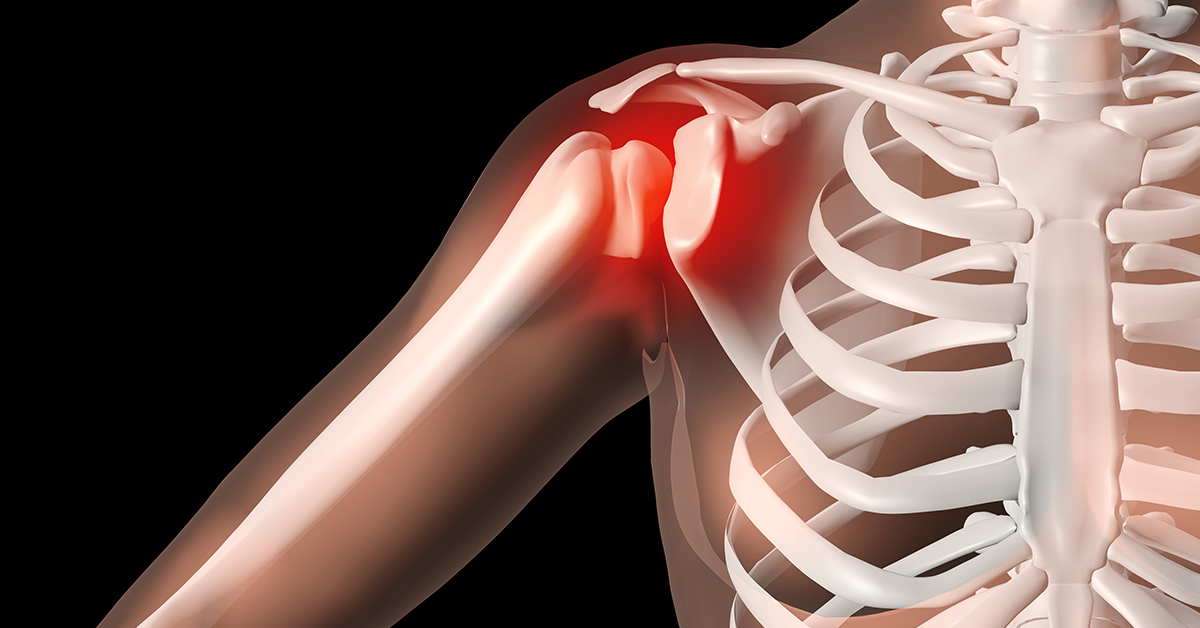
Rotator Cuff Tear
Our rotator cuff can weaken as we age, and increase our likelihood of a rotator cuff tear. Repeated use of your arms in daily activities we take for granted can accelerate weakening and possible tearing. This is especially true in adults over the age of 40. If your job requires you to reach overhead, such as painting, carpentry, stocking shelves, or other vertical reach work, you may develop tendonitis. Tendonitis can become worse and lead to tearing of the tendons of the rotator cuff.
Rotator cuff tears aren't limited to work injuries; sports and activities with repetitive motions involving overhead reach - tennis, swimming, softball and baseball - can lead to weakening and tearing. Trauma from falls can also cause a tear.
Rotator cuff tears typically cause pain on the top and anterior, or front, of your shoulder. You may also feel pain on the side of the shoulder, and you may notice the pain increasing with overhead reach activities. Increased tears weaken your muscles and prevent daily activities like brushing hair and putting away dishes in cabinets painful. Your shoulder may also stiffen because of this non-use and continue to stiffen as you postpone activity above shoulder level.
You may hear popping or crackling sounds caused by the tears. This is a result of bursitis, the inflammation of the fluid sac that surrounds the shoulder joint. Your tear may rub and case this sensation and can cause difficulty sleeping if you put pressure on your shoulder.
Rotator cuff tears can respond to many types of treatments, and arthroscopic surgery options provide minimally invasive options to help restore your range of motion and let you get back to your quality of life.

